The name of Rome is fearsome in military history. Over the centuries, the Roman legions propelled a small city along the Tiber to rule the entire known Western world. Yet there was one man, more than anyone else, whose name sent shivers through the Romans – Hannibal Barca. Hannibal, a Carthaginian from North Africa, was the most skilled and successful enemy that Rome ever faced. He successfully took an army of thousands of men, along with some elephants, on the very difficult journey across the Alps. He then stayed in Italy for nearly 15 years, with little significant help from Carthage, and defeated every Roman army he faced in a major battle. Although he eventually was recalled to defend Carthage and defeated in battle, he may have come closer than anyone to destroying the Roman Republic. How did he do it? How did he outwit so many Roman commanders? The answers shed light on his impressive achievements, and teach leadership lessons for the present day.
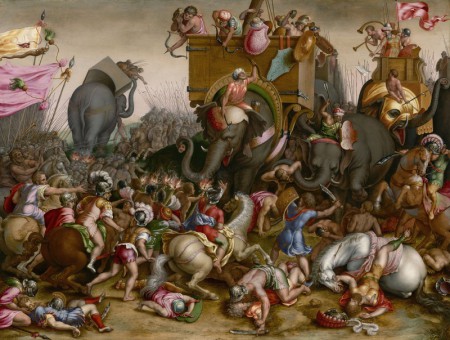
1. Boldness
Without a doubt, Hannibal was a very bold soldier. Many of his greatest victories would have been impossible without it. He was not rash, but he knew that if he risked nothing, he would gain nothing. Consider his famous crossing of the Alps. The Alps have been crossed by armies many times throughout history, but never in the way Hannibal did it. He was the first general to take a foreign army across them, that was not from the area and familiar with the terrain. Before the era of maps, this is a shocking achievement. It is very likely that not one of his officers or soldiers had ever crossed the Alps before. It took incredible courage to enter very difficult and unmapped terrain, filled with unknown and hostile tribes, with the only thing waiting for him on the other side being the enemy’s country guarded by the Roman army – the best soldiers in the world. That shows his grit, determination, and fearlessness in the face of mighty obstacles.
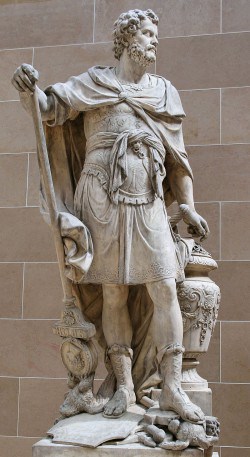
2. Always Learning
Often, Hannibal’s bold deeds were not reckless because he had spent time in study and preparation. His Alps crossing was likely conceived years earlier. Much time was spent laying the ground work in gaining knowledge and building relationships before the daring strike. When a foreigner came through Hannibal’s camp, he interviewed them and sought to learn not just the geography of the lands that he had never visited, but their history, customs and culture. Any of this information could prove critical at the proper time. While on campaign, he would disguise himself and travel the countryside, gleaning first hand information from the inhabitants.
As a fruit of all this study, Hannibal was able to remain fresh, fluid and innovative in his tactics. At one point, he did not seek to storm Rome, when many believed he had an opportunity to, because he did not think the time was right. But at a later moment he marched to just outside the city, to threaten the city and relieve pressure from another point. He used seals captured from Romans to send forged messages to Roman units, giving them false orders that suited his purposes. And he used his knowledge of specific enemy commanders against them, exploiting their own personal weaknesses to entice them into a tactical position where he could destroy them.
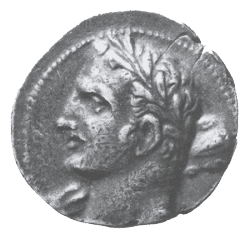
3. Understanding People
One key to Hannibal’s success was his ability to gain and retain the trust of his troops. Although he was almost completely cut off from support or reinforcement from Carthage for nearly a decade and a half, not once did his troops mutiny against him. He won their love and respect. Many of the ways that he did this were simple things. He made sure, whenever possible, that his men were well fed going into battle. He payed close attention to their attitude, and was ready to give encouragement or an inspiring speech if he saw their spirits flagging. He set rewards clearly before them if they were victorious, inspiring to fight their hardest. Not long after he arrived in Italy, he promised his army their choice of land or money once Italy was won, and promised that slaves who followed their masters into battle would be given their freedom, and that their masters would receive two other slaves to replace them.
Hannibal also was skilled in making allies. His goal in Italy was to break away Rome’s allies and win them over to the fight against Rome. It took great wisdom to win these political victories. Although he did not win enough allies to gain the victory, he always had allied troops fighting with him. When he left Italy after more than a decade, virtually all of his original army was gone. They had been replaced, in large part, by allied recruits, who fought faithfully under him.
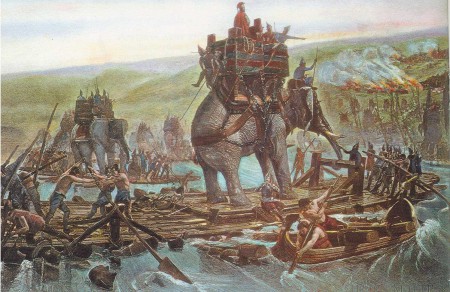
4. Brilliant Tactics
Last but not least, Hannibal beat the long odds against him, and was victorious for so long against the Romans, because he had a brilliant mind for tactics. He used the terrain and the weaknesses of the enemy to defeat the superior Roman forces. Over and over again, he was able to find the enemy’s weakest point, and throw his strongest forces against it to win the day. His battles are famous in world history, and for good reason. From Lake Trasimene, where in an unparalleled feat he hid his entire army and ambushed the Romans, to Cannae, where he executed a double envelopment of the Romans opposing him, a feat which generations of generals have tried to replicate.
For years Hannibal sustained a war effort alone, with very little significant support, raising his own finances and new recruits in an enemies country, while holding the affections of his allies and seeking to bring more nations to his side. Although Carthage eventually fell to Rome, there is much that we can learn from his struggle, and his years of wise leadership in the face of incredible adversity.
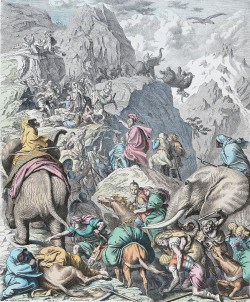


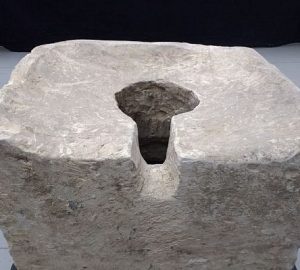
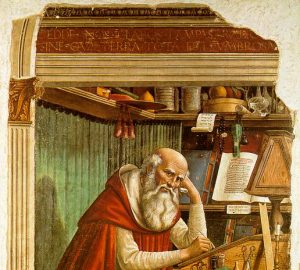
Can you make a page on why Rome defeated cartage. Thanks FABS xxx
Stay tuned to the site, we have some videos on Hannibal and the Punic Wars that will be coming out later this year, and they deal with the very issue you’re talking about.
Thanks for your comment.
hey sry i am late to respond but… YEAH great idea.
nice job on this i have been following your blog and it has been awesome i am a history nerd so this is great.
Unreliable source, the purpose seems to be entertaining audience with no facts and ancient sources to back up your arguments. Your bias is really shown with how much you love Hannibal, losing your credibility.
Your complaints would have more weight if you provided evidence to refute specific facts or assertions in this article. This article is my opinion and interpretation. Although it is founded upon a study of the relevant ancient sources, I kept the article short by not including lengthy quotes or references. I encourage all interested readers to read the original sources for themselves and come to their own conclusions.
WOW YOU DESTROYED THEM LOL